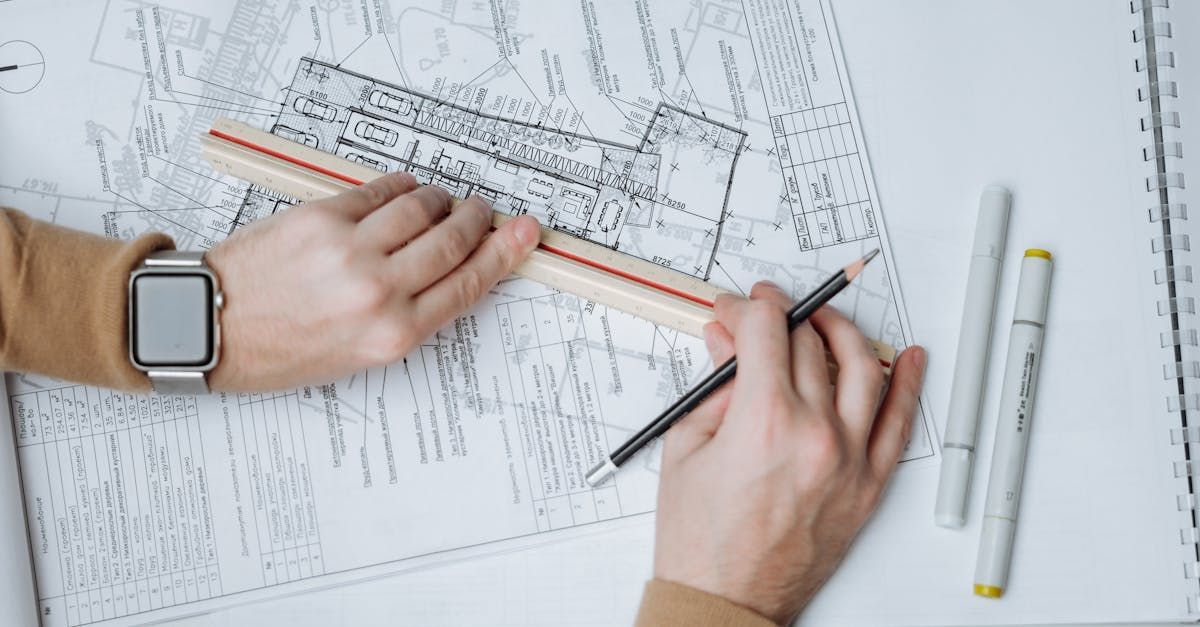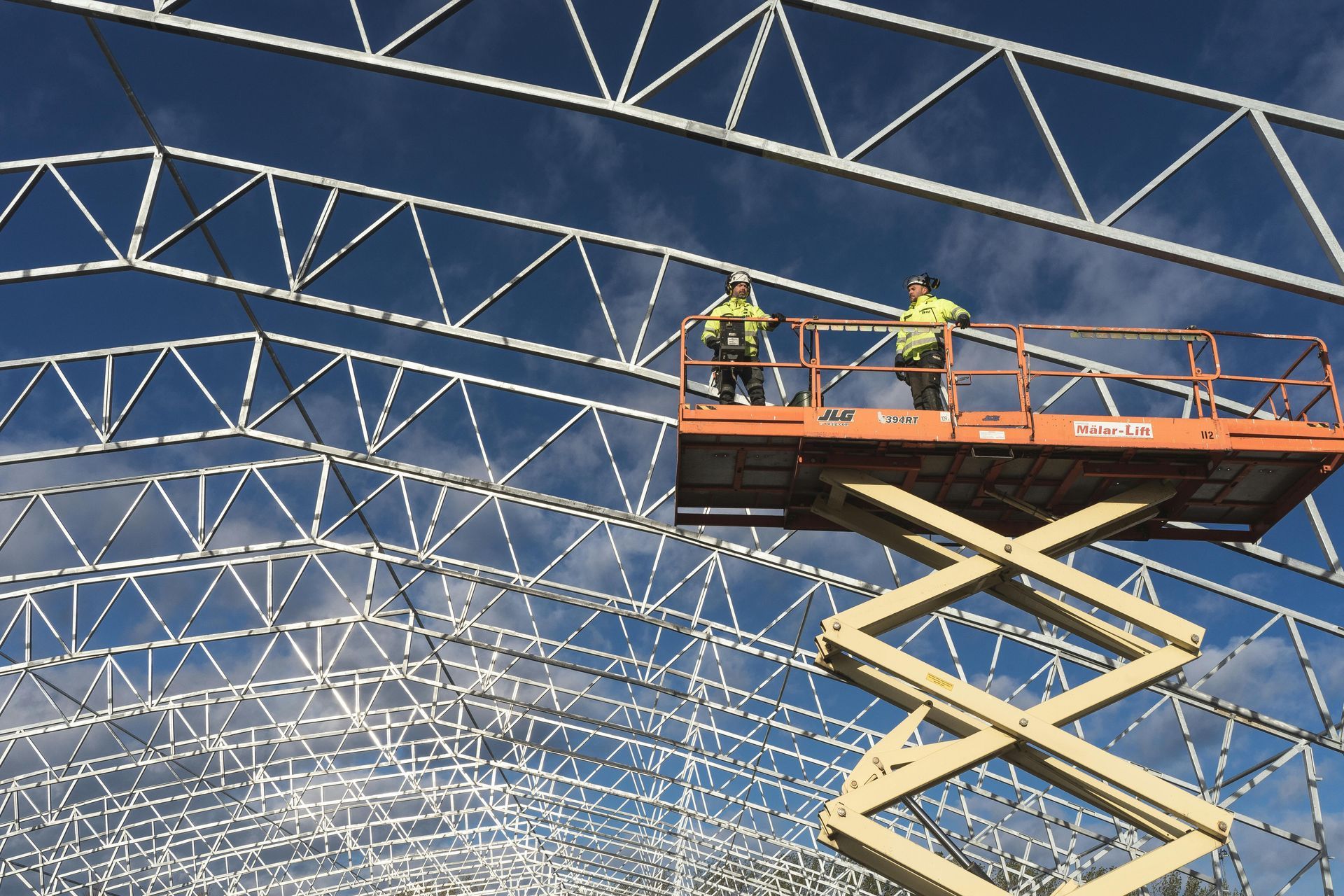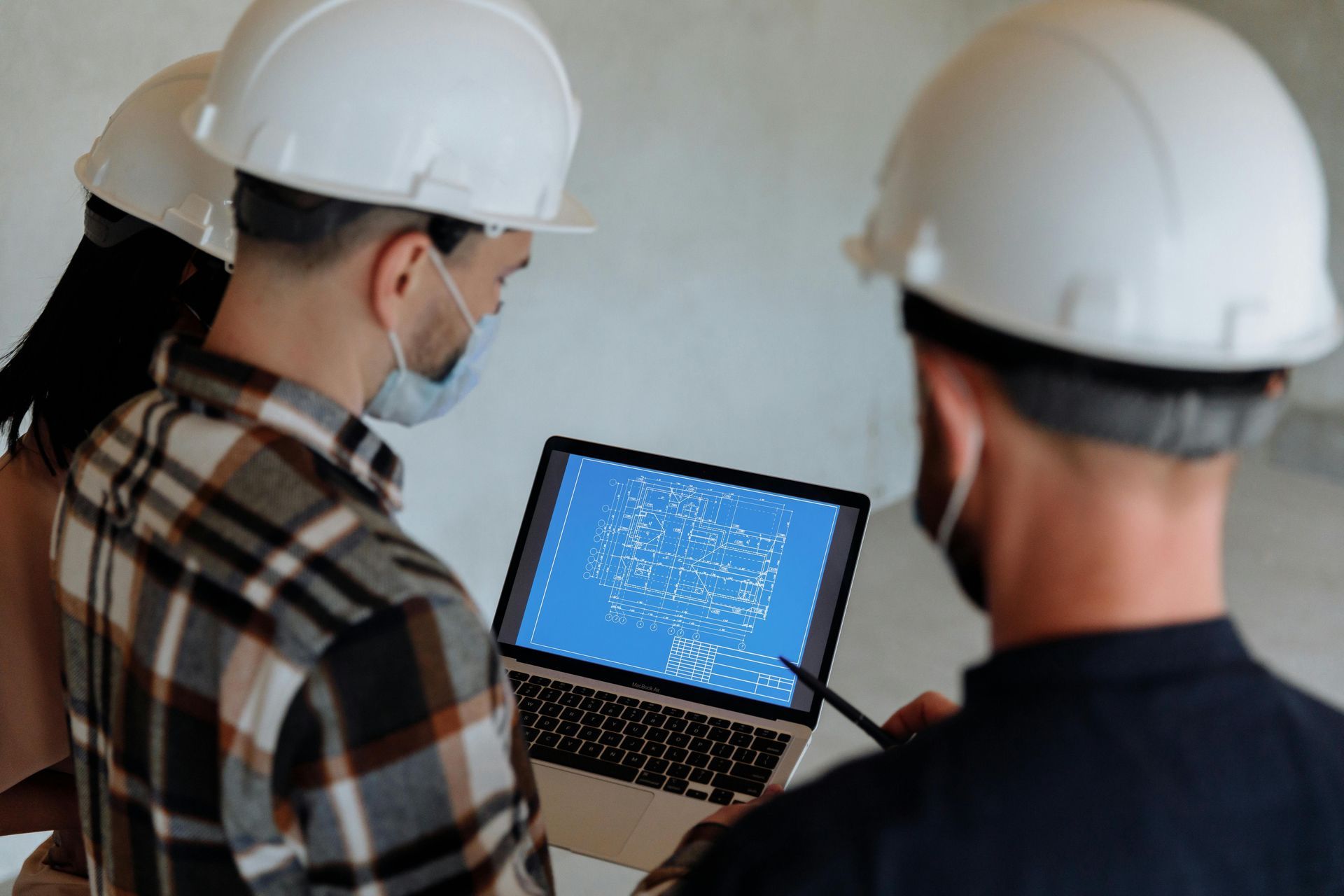How To Improve Sustainability Efforts In Commercial Construction
Many construction companies have focused on increasing their sustainability efforts in the past few years, and 2024 is no exception. Sustainability isn't an "all or nothing" goal – commercial construction companies can focus on areas where they can improve sustainability efforts when possible within the confines of the project; this can be using recycled materials, minimizing waste products, or considering energy-use goals.
Let's explore how construction company owners and project managers can implement green building practices this year.
What Does Sustainability in Construction Look Like?
Sustainability in construction refers to the responsible and efficient use of resources throughout the entire building lifecycle. In 2024, this concept has transcended mere environmental concerns and encompasses economic and social aspects. The imperative to reduce environmental impact, optimize resource use, and create healthier built environments is more significant than ever.
Economic, Environmental, and Social Benefits
The benefits of embracing sustainability are manifold. Economically, energy-efficient buildings lead to lower operational costs over time. Environmentally, reducing construction waste and utilizing eco-friendly materials contribute to a healthier planet. Socially, sustainable buildings foster better indoor air quality, comfort, and well-being for occupants.
Energy Efficiency
Incorporating innovative HVAC and lighting systems, focusing on insulation and thermal performance, and leveraging renewable energy sources are essential to achieving energy efficiency. Integrating solar panels, wind turbines, and advanced energy storage systems exemplifies the industry's commitment to reducing carbon footprints.
Materials and Resources
Sustainable construction involves choosing materials wisely. Opting for locally sourced, recyclable, and environmentally friendly materials helps reduce the industry's impact on ecosystems. Additionally, minimizing waste during construction through recycling initiatives contributes to a circular economy.
Water Conservation
Water scarcity is a growing concern globally. Sustainable construction practices include the installation of low-flow fixtures, water-efficient landscaping, and implementing rainwater harvesting systems. By adopting these practices, construction projects can play a role in preserving this precious resource.
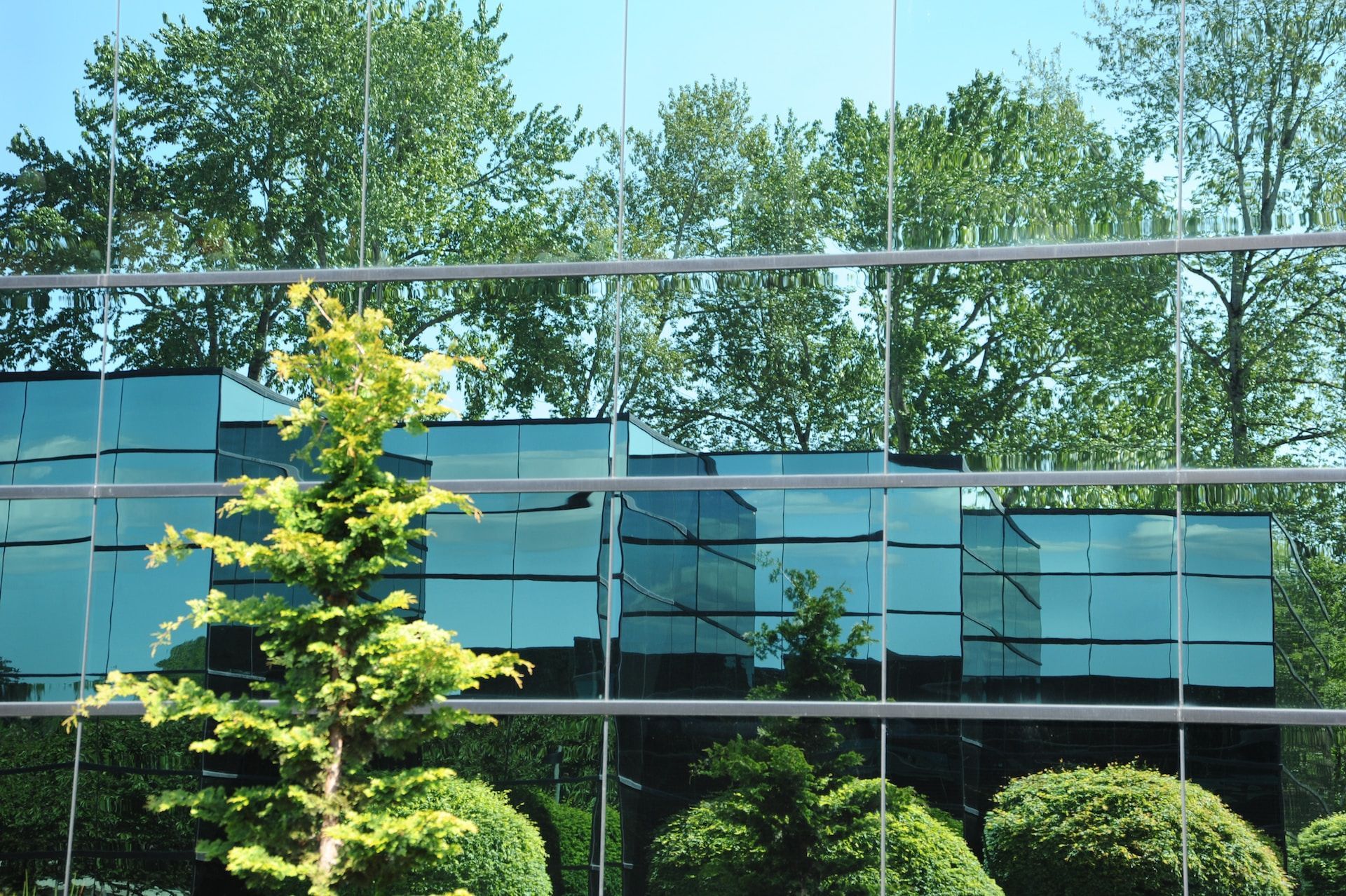
Indoor Environmental Quality
Creating a healthy indoor environment involves ensuring adequate ventilation, using non-toxic materials, and maximizing natural light and ventilation. These factors enhance the well-being of occupants and contribute to increased productivity and satisfaction within the built space.
Integrating Sustainability into Project Planning
Engaging stakeholders in sustainable decision-making is crucial. Project managers can create a roadmap for success by setting clear sustainability goals and benchmarks. Collaboration ensures that everyone involved in the project aligns with the vision of creating a sustainable and environmentally conscious structure.
Life Cycle Assessment
Considering the life cycle impact of construction materials and design choices is essential for sustainability. Conducting a life cycle assessment helps identify the environmental impact of each phase of a building's existence, guiding decisions toward long-term benefits and reduced ecological footprints.
Green Certification and Standards
Green certifications such as LEED provide a standardized framework for evaluating a building's sustainability. Achieving and maintaining these certifications establishes a project's commitment to sustainability and adds value to the property.
Eco-Friendly Construction Technologies
Embracing technologies like Building Information Modeling (BIM) and advanced construction methods enhances sustainable practices. BIM allows for better visualization and planning, minimizing errors and optimizing resource utilization. Innovations in construction methods, such as 3D printing and modular construction, contribute to efficiency and sustainability.
Overcoming Challenges
Despite the evident advantages of sustainable construction, challenges exist. Overcoming resistance from traditional practices, addressing upfront costs, and navigating complex regulations require strategic planning and commitment. Education and awareness play pivotal roles in fostering a culture of sustainability within the construction industry.
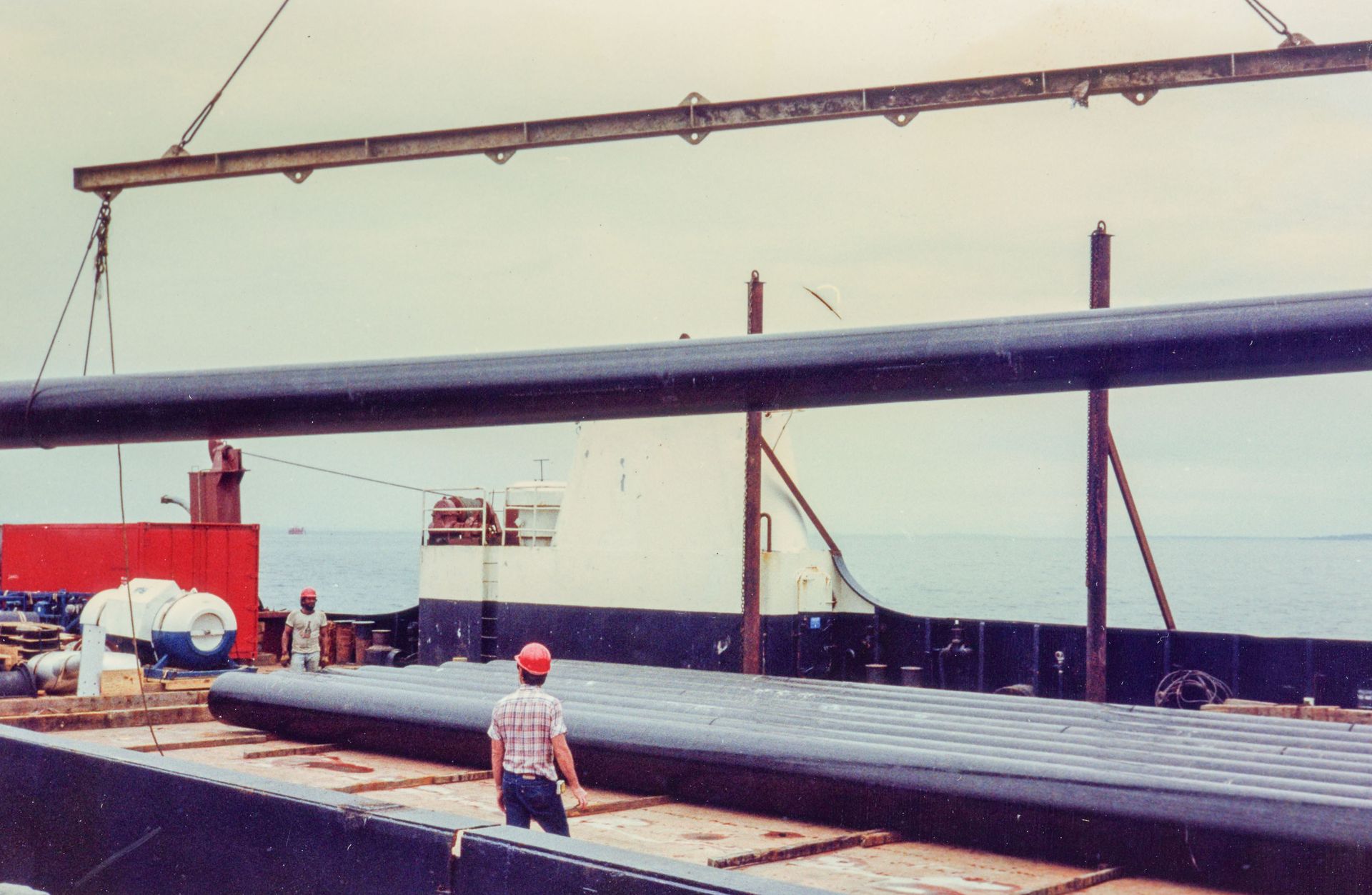
Future Trends in Sustainable Construction
Looking ahead, emerging technologies and innovations are poised to shape the future of sustainable construction. From smart buildings and advanced materials to integrating artificial intelligence in project management, the industry is on the cusp of transformative changes. Anticipated shifts in regulations and policies also suggest a continued emphasis on sustainability.
Work With Thomas D. Wilson Consulting Inc.
The world of commercial construction is constantly evolving through every season. At Thomas D. Wilson Consulting, Inc., we've been through all the twists and turns the industry offers and are ready to consult on your projects. We are construction scheduling experts and know programs like SmartPM™, Primavera™, and many more.
Let's talk about your next project!
Ready to Experience a Different Kind of Construction Scheduling?
Request an initial consultation on your project.


Navigation
| Thomas D. Wilson Consulting, Inc.
(314) 918-0210 | tom@tdwilson.com |
1750 S Brentwood Blvd, Suite 307, Brentwood, MO 63144

